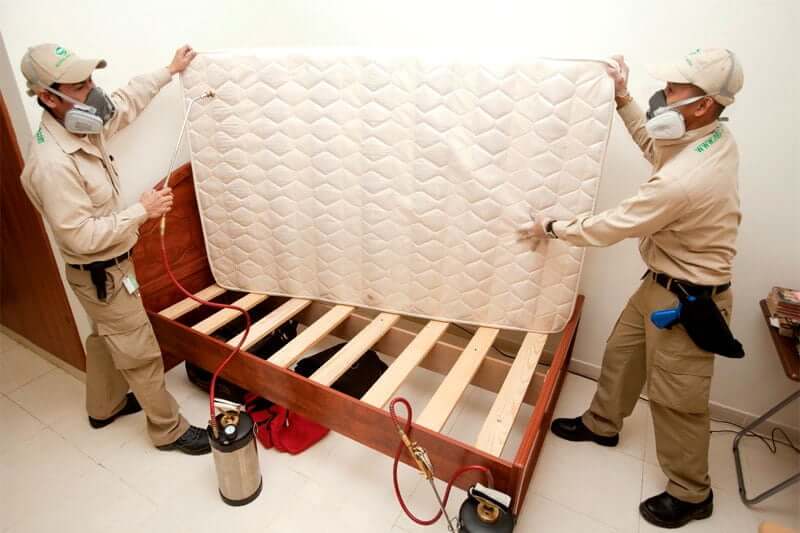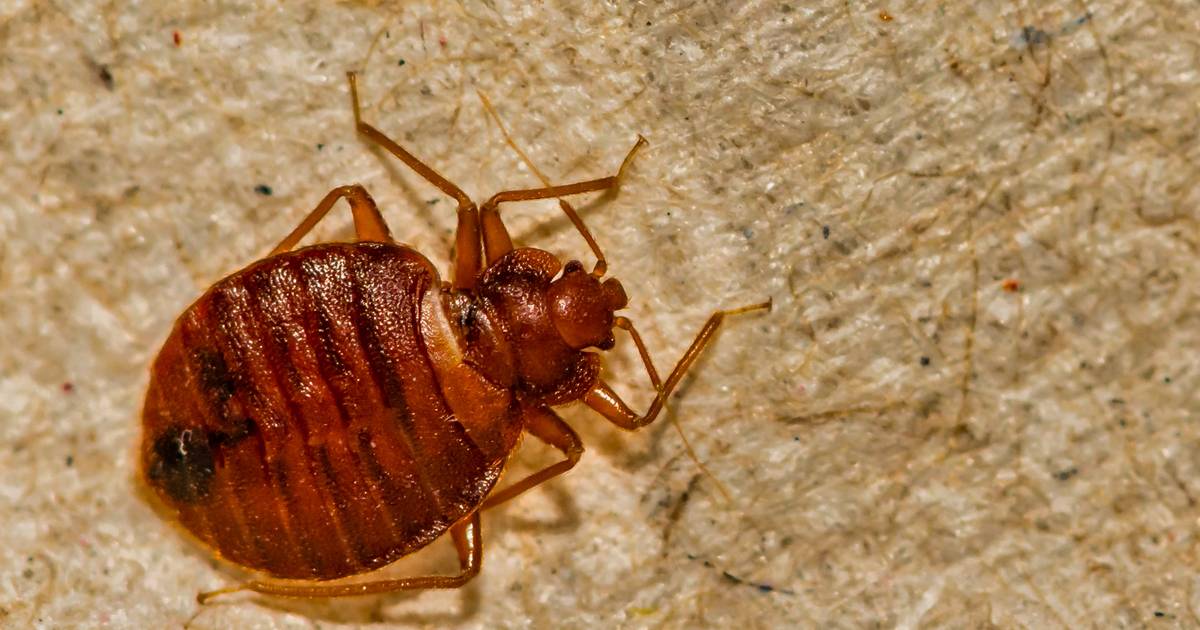Trusted Exterminator Arlington VA: Fast and Reliable Pest Control Services
Trusted Exterminator Arlington VA: Fast and Reliable Pest Control Services
Blog Article
Obtain Educated About the Sorts Of Parasite Control Approaches and Their Advantages for Home Owners
Comprehending the various bug control techniques offered to house owners is necessary for efficient bug management. Property owners who are well-informed can make tactical selections that not only address insect problems yet additionally boost the general top quality of their living atmosphere.
Chemical Pest Control Techniques
Chemical insect control methods are an important part of integrated pest administration methods for house owners seeking reliable options to pest problems. These methods entail the application of chemical materials made to remove or deter pests that threaten personal effects, health and wellness, and comfort. Common chemicals used include pesticides, fungicides, herbicides, and rodenticides, each customized to target certain parasites.
The key benefit of chemical parasite control is its fast efficiency; numerous solutions provide immediate results, decreasing pest populaces considerably quickly. Additionally, breakthroughs in chemical solutions have actually brought about products that are much more eco-friendly and have lower poisoning degrees for non-target organisms when applied correctly.

Organic Bug Control Techniques
Natural insect control methods have actually gotten prestige as house owners seek safer and more sustainable choices to standard chemical approaches. Organic insect control strategies utilize natural killers, parasites, or microorganisms to manage bug populaces efficiently. This approach is not just eco-friendly however also reduces the risk of injury to non-target species, including advantageous insects and wild animals.
Among one of the most typical biological control approaches involves presenting natural killers right into the environment. As an example, ladybugs can be used to control aphid populations, while nematodes target soil-dwelling insects like grubs. Furthermore, parasitoids-- microorganisms that survive on or within a host-- can be employed to manage specific parasite varieties by laying eggs inside them, eventually resulting in their death.
An additional approach is using biopesticides, which are originated from all-natural materials such as plants, germs, or minerals (bed bug exterminator). These products can successfully target parasites while posing very little threat to pets and people. Overall, organic pest control methods offer home owners with an efficient methods of bug monitoring that aligns with eco-friendly principles, promoting a healthier living setting while reducing reliance on artificial chemicals
Mechanical Bug Control Strategies
Mechanical pest control strategies incorporate a variety of techniques that physically stop or get rid of parasites without using chemicals. These methods are particularly advantageous for home owners seeking environmentally pleasant options while making sure the security of their home.
One usual approach is the use of obstacles, such as nets, traps, and displays, which stop bugs from getting in homes or details locations. Mounting home window screens go to this site can efficiently keep insects out, while utilizing physical barriers around yards can discourage larger parasites like rabbits or deer. In addition, mechanical traps designed for rodents can record and eliminate these parasites without the need for toxic compounds.
One more effective strategy entails using brooms and vacuum cleaners to remove bugs directly from surfaces. Normal cleansing and upkeep can dramatically reduce pest populaces by getting rid of food sources and concealing spots. Furthermore, utilizing tools like ultrasonic parasite repellents can discourage different bugs with noise waves that are undesirable to them however faint to people.
Social Insect Control Practices
Social parasite control practices focus on modifying the setting and monitoring methods to develop problems that are less for pest infestations. These techniques are basic in maintaining a well balanced environment and reducing the dependence on advanced pest control chemical treatments. By altering agricultural practices, homeowners can efficiently discourage insects while advertising plant health.
One typical approach consists of plant turning, which interferes with the life process of insects by changing the sorts of plants expanded in a specific area (bed bug exterminator). This not only reduces pest populations however also boosts soil wellness. Furthermore, intercropping-- planting diverse plants in distance-- can confuse pests and minimize their ability to find their favored host plants
Water administration is an additional essential element of cultural methods. Appropriate watering methods can stop standing water, which functions as a breeding place for insects and other insects. Preserving sanitation in and around the home, such as consistently eliminating debris and food waste, can significantly lower pest tourist attraction.
Integrating these cultural practices into a detailed parasite management strategy enables property owners to produce an environment that normally hinders bugs, thus improving the efficiency of other control techniques while advertising sustainable horticulture and landscape design.

Integrated Pest Monitoring Approaches
Integrated Parasite Management (IPM) stands for an all natural method that integrates various methods to properly handle insect populaces while reducing ecological influence. This approach integrates organic, social, physical, and chemical practices to accomplish lasting pest control. By analyzing pest populaces and their natural opponents, IPM stresses monitoring and identifying insects prior to implementing control procedures.
Among the core principles of IPM is the use of thresholds, which establish the level of pest task that calls for treatment. This makes certain that treatments are applied only when essential, lowering the dependence on chemical pesticides. Biological control techniques, such as introducing natural killers or bloodsuckers, job in combination with social practices like plant rotation and habitat manipulation to interrupt pest life cycles.
Furthermore, IPM urges the usage of least-toxic chemical alternatives when intervention is necessary, focusing on products that posture very little risk to non-target organisms and the environment. For home owners, adopting IPM comes close to not just improves the efficiency of pest management yet likewise advertises a healthier living atmosphere, cultivating biodiversity and minimizing chemical direct exposure. Eventually, IPM empowers home owners to make educated choices that balance bug control with ecological obligation.
Conclusion
To conclude, recognizing the different pest control approaches empowers home owners to make educated choices relating to pest administration. Each technique-- chemical, organic, mechanical, cultural, and incorporated pest administration-- provides unique advantages that deal with different demands and preferences. By picking ideal methods, house owners can efficiently handle insect populations while decreasing health threats and environmental effects. This informed technique contributes to a healthier living setting, promoting general health for families and family pets alike.
Comprehending the different insect control techniques offered to house owners is crucial for reliable parasite management.Chemical parasite control techniques spider pest control are a critical part of incorporated bug administration methods for property owners seeking efficient services to pest infestations. On the whole, biological pest control strategies offer home owners with an efficient ways of bug management that aligns with environmental principles, advertising a healthier living setting while reducing dependence on artificial chemicals.
Cultural bug control techniques focus on customizing the setting and management techniques to produce conditions that are much less favorable to pest problems.In final thought, understanding the numerous pest control approaches equips homeowners to make educated choices concerning pest monitoring.
Report this page